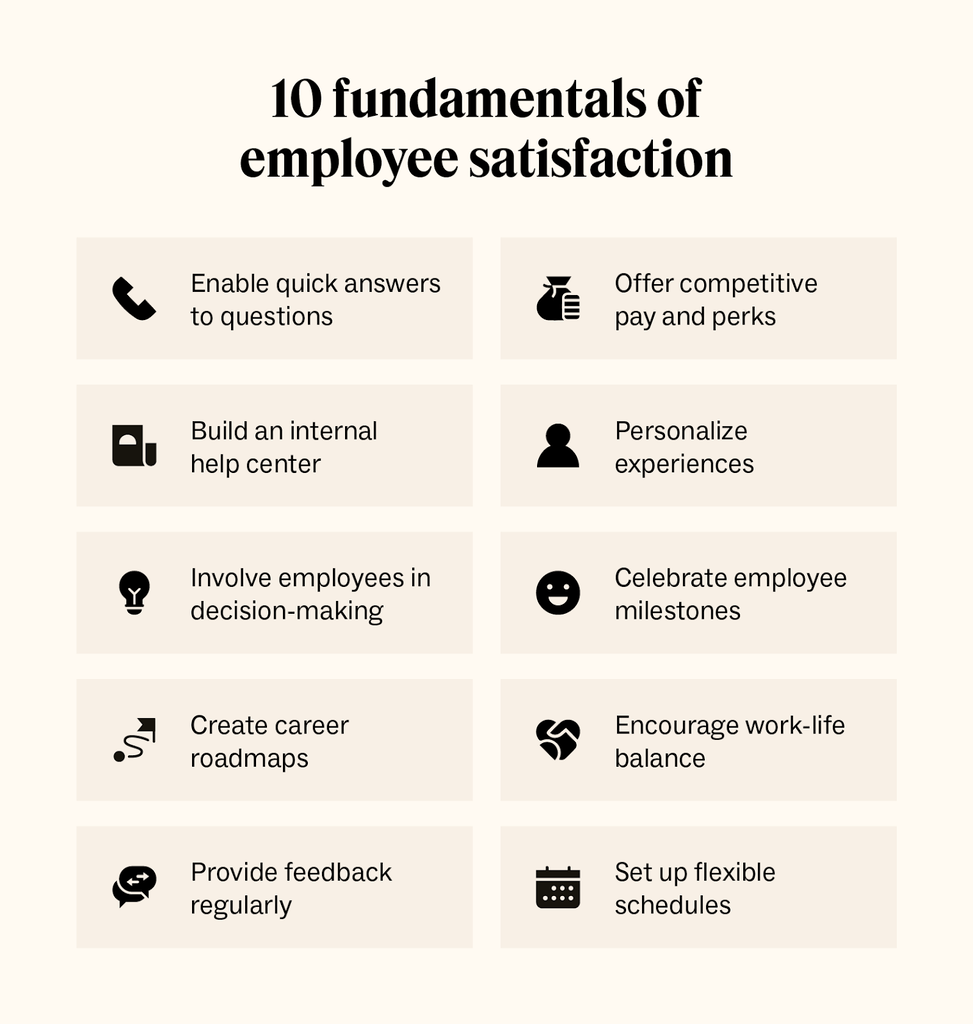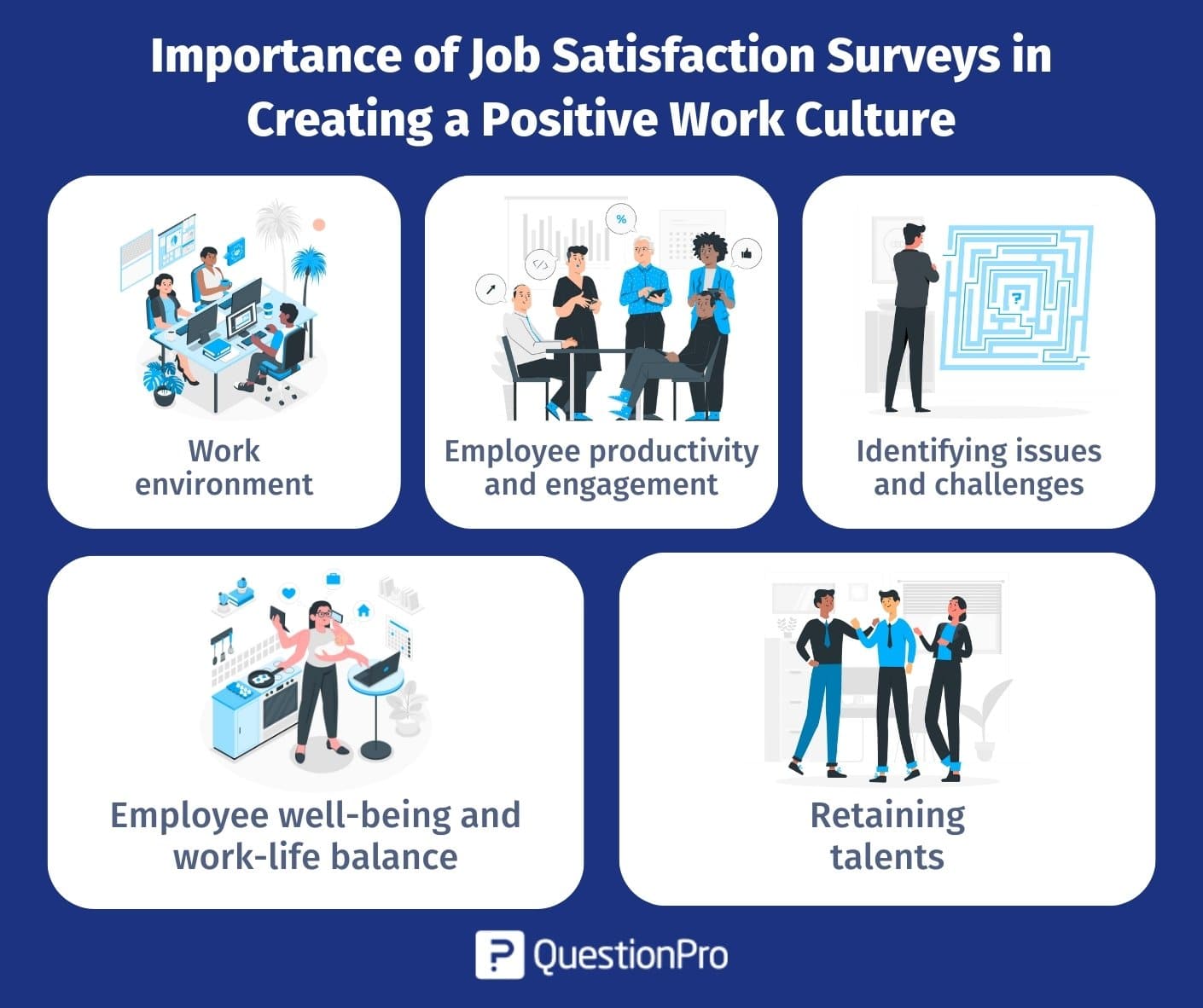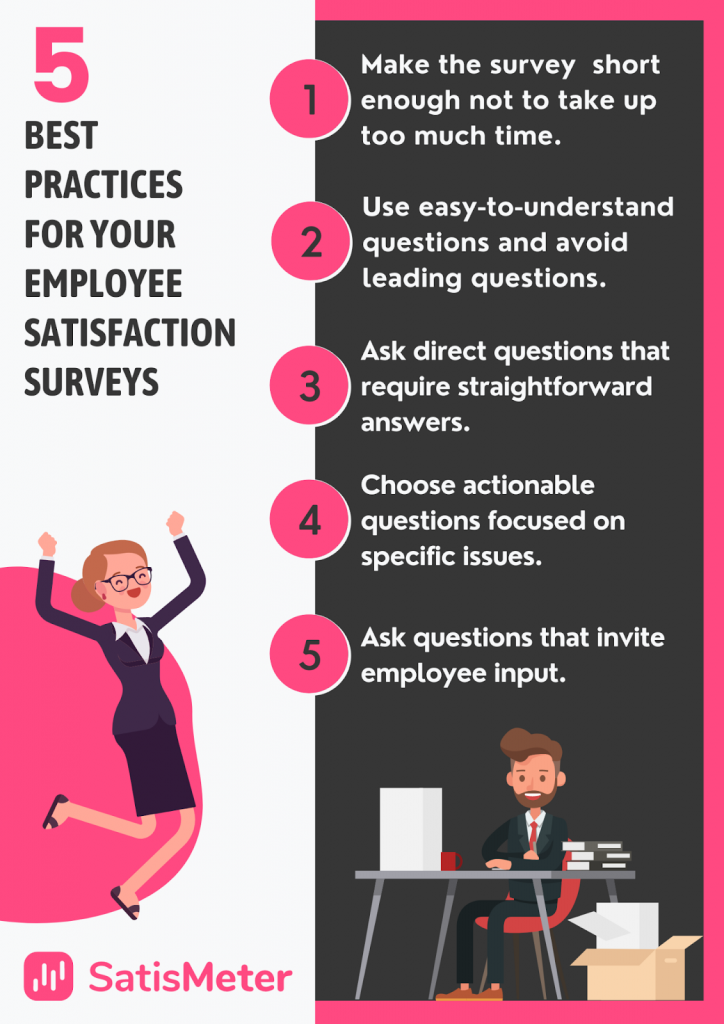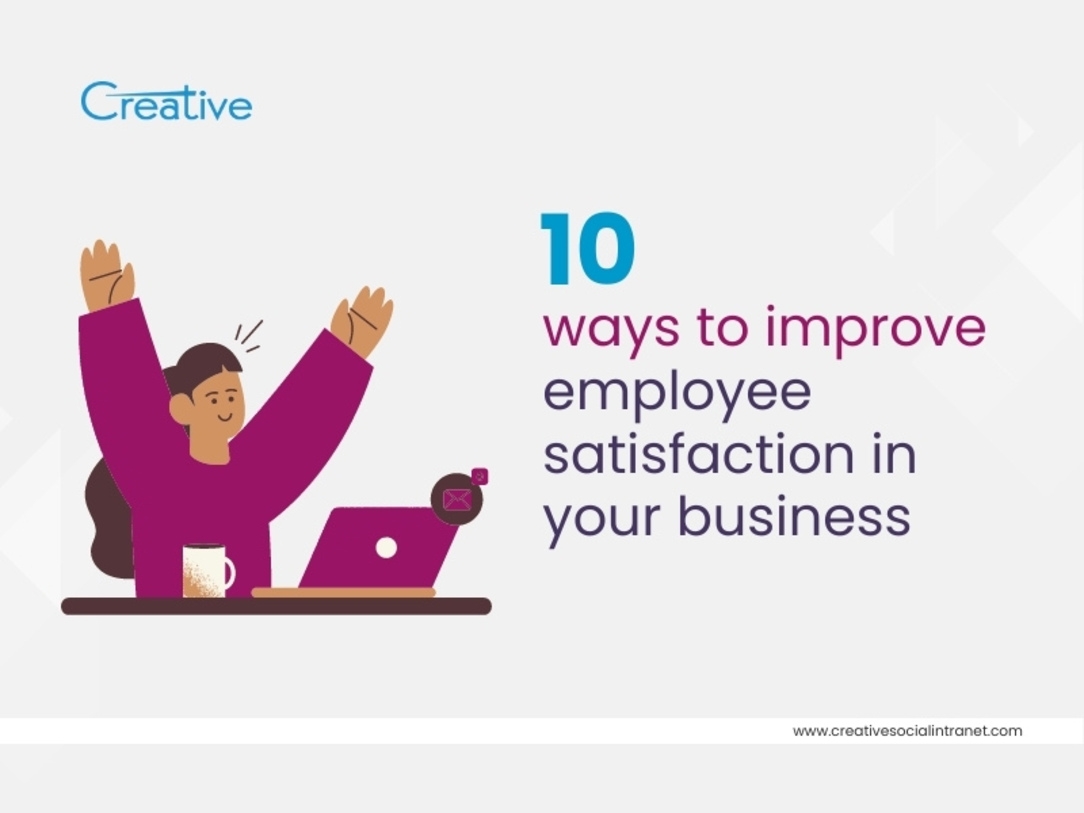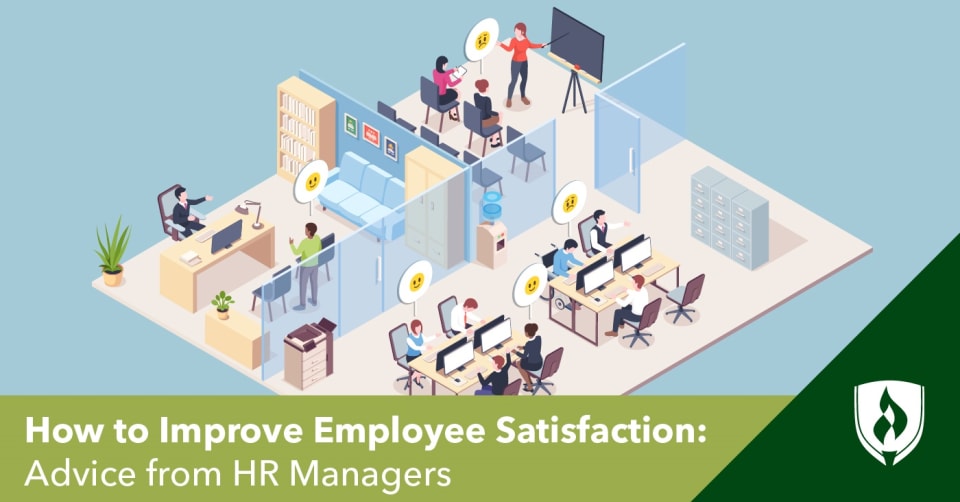How To Improve Job Satisfaction In The Workplace
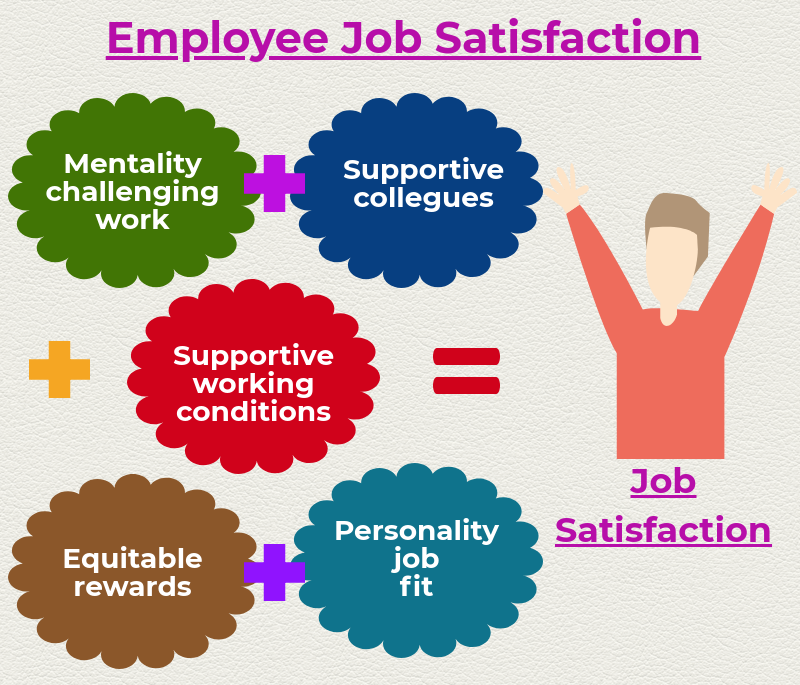
Imagine walking into work on a Monday morning and feeling… good. Not just "I survived the weekend" good, but genuinely energized and looking forward to the day ahead. Is it a pipe dream? Or can we actually cultivate a workplace where job satisfaction thrives, rather than withers?
This article explores actionable strategies for boosting employee happiness and fulfillment. By focusing on key areas such as communication, recognition, and growth opportunities, organizations can create environments where individuals feel valued, engaged, and motivated to excel.
For years, companies have focused primarily on productivity metrics and bottom-line results. Recent studies, however, highlight the critical link between employee satisfaction and overall organizational success. Happy employees are more productive, more innovative, and less likely to leave, saving companies significant costs associated with recruitment and training. A 2023 report by Gallup indicates that highly engaged teams show 23% greater profitability.
The Foundation: Open Communication
One of the most crucial elements of a satisfying workplace is open and honest communication. Employees need to feel comfortable sharing their ideas, concerns, and feedback without fear of reprisal.
Regular check-ins, both formal and informal, can provide valuable insights into employee sentiment. Consider implementing anonymous feedback mechanisms to encourage more candid conversations. Leadership transparency is also key. Sharing company goals, challenges, and successes builds trust and fosters a sense of shared purpose.
Recognition and Appreciation: Making Employees Feel Valued
Everyone wants to feel appreciated for their hard work. Simple gestures of recognition can go a long way in boosting morale.
A sincere "thank you" for a job well done, a public acknowledgment of achievements, or even a small gift can make a significant impact. Implementing a formal employee recognition program can further reinforce positive behaviors and create a culture of appreciation. Remember that recognition should be specific and timely.
Growth Opportunities: Investing in the Future
Employees are more likely to be satisfied when they feel they are learning and growing. Providing opportunities for professional development is a powerful way to demonstrate investment in their future.
Offer training programs, workshops, and mentorship opportunities to help employees enhance their skills and advance their careers. Encourage employees to take on new challenges and responsibilities. This not only benefits the individual but also contributes to the overall growth and innovation of the organization.
Work-Life Balance: Prioritizing Well-being
The lines between work and personal life have become increasingly blurred, making work-life balance more important than ever. Organizations that prioritize employee well-being see a marked improvement in job satisfaction.
Offer flexible work arrangements, such as remote work or flexible hours, when possible. Encourage employees to take breaks and use their vacation time. Promote a culture that values well-being and supports employees in managing their personal and professional lives effectively. According to a Harvard Business Review study, companies with robust wellness programs experience lower healthcare costs and increased productivity.
Fostering a Positive Work Environment
The overall work environment plays a significant role in employee satisfaction. Creating a positive and inclusive culture where everyone feels welcome and respected is essential.
Encourage teamwork and collaboration. Address any instances of discrimination or harassment promptly and effectively. Promote a culture of respect, empathy, and understanding. Regularly solicit employee feedback on the work environment and take action to address any issues raised.
Ultimately, improving job satisfaction is an ongoing process that requires a commitment from leadership and active participation from employees. By focusing on communication, recognition, growth opportunities, work-life balance, and creating a positive work environment, organizations can cultivate workplaces where employees thrive. It's not just about making employees happy; it's about building a stronger, more resilient, and ultimately more successful organization.

